Post
A catch
Save a catch to start your fishing logbook. You will be able to to share it with the community if yo want!
A fishing trip
Post an ad to go fishing with other fishermen
Save a catch to start your fishing logbook. You will be able to to share it with the community if yo want!
Post an ad to go fishing with other fishermen
Share a thought, a question with the community
My favorite cities
×Join our 820 fishermen and our 1 cofisherman in Bullwood in Argyll and Bute where there's 1 spot. The fishing forecast is currently 3.3. The most caught fishes here are the bull huss, the red bream, the pouting fish and the smoothhound fish. Come try the most famous fishing techniques like the tips on material to catch bass on plug from the shore, where to fish for mullet ? , tips for jig fishing or cast fishing material for mackerel fish or deep-sea fishing.
Our fishing forecast of Bullwood indicates the best time to go fishing in this city.
The Bull Huss
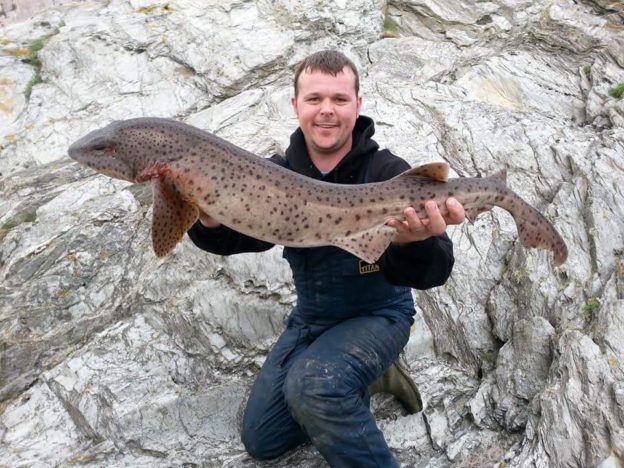
The Bull Huss belongs to the Scyliorhinidae family. Small in size, they usually measure 60 to 80 cm, although there are larger ones, since they can reach 1.5 m in the Mediterranean and 2 m in the Atlantic. This fish can live for 75 years. It spawns a hundred eggs all year round, especially in the late winter and in July. It is abundant every day of the year. This fish is not really active but still is hard to catch. The upper part of the Bull Huss is light brown in color, covered with small dark brown spots. Because of this pattern of spots, it is also called spotted cat shark. The part of the flank is white and grey. The mouth and nose holes are below his obtuse head. The particularity of the Bull Huss is that its nostrils are linked to the mouth by a curved line.
The Bull Huss is a famous fish you can catch in Bullwood.The Red Bream
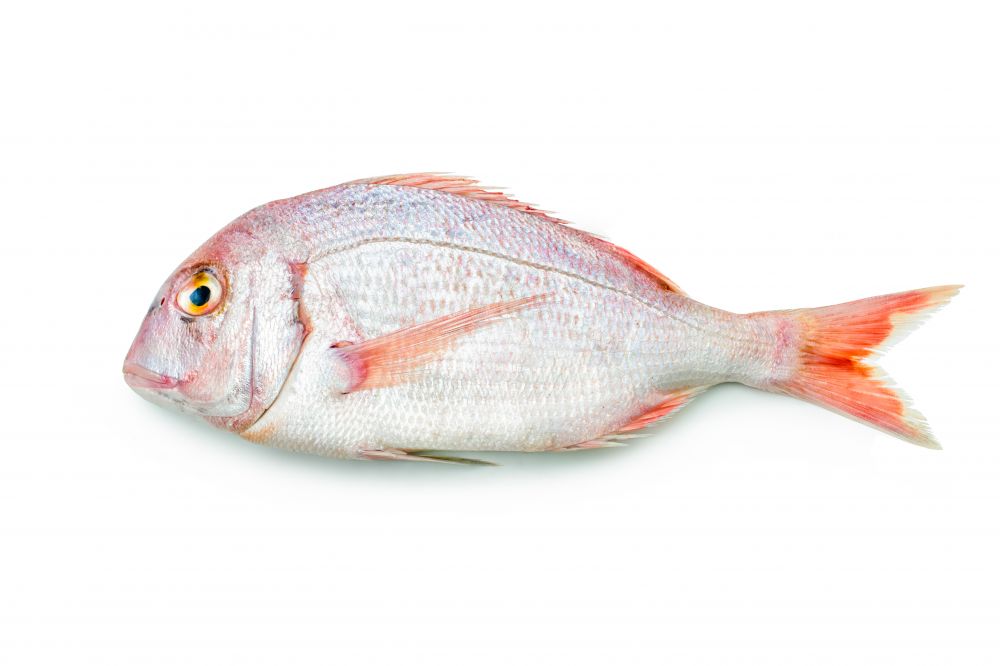
The Red Bream belongs to the Sparidae Family. The Red bream is a fish with a common length of 15 to 30 cm, the maximum known size being 60 cm. This fish can live for about twenty years. It breeds from May to August or March to July. Although it is fished all year round, it is between fall and winter that catches increase. The body is oval in shape, compressed laterally, as in most Sparidae. The head has an almost straight profile, a pointed snout, a fairly small mouth in a low and inclined position. The diameter of the eye is much smaller than the length of the muzzle. The inside of the mouth is greyish or whitish. The 2 jaws have sharp teeth in front (larger outer teeth, with small teeth) and 2 or 3 rows of molar-shaped teeth in the back. Like all Sparidae, it has only one dorsal fin. It begins at the plumbing of the pelvic bones and includes 12 spines and 10 to 11 soft rays. The anal fin has 3 spines and 8 to 9 soft rays, the length of its base is one-third that of the dorsal fin. The pectoral fins are high and very long, reaching almost vertically from the beginning of the anal fin. The caudal fin is forked. The body color is silvery pink with bluish reflections, the back and top of the head being darker. The upper part of the body is dotted with small blue spots. The upper outer edge of the lid is marked with a carmine red. The bases of the pectoral fins have a reddish spot and sometimes a spot is also observed at the base of the last rays of the dorsal fin.
The Red Bream is a famous fish you can catch in Bullwood.The Pouting fish
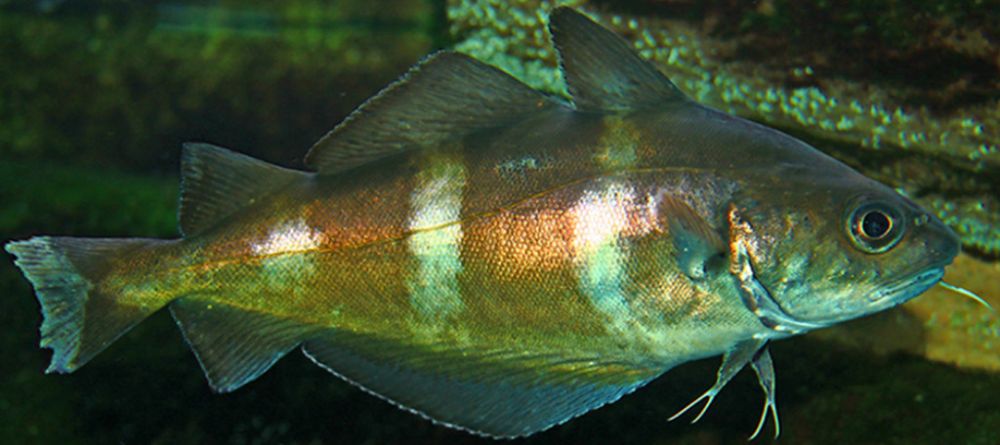
The Pouting fish belongs to the Gadidae Family. Its longevity is short: 4 years for a maximum size of 45 cm and a weight of about 1kg. Breeding takes place in March-April and is fished all year round. This small fish, generally 20/30 cm, rarely 45 cm, has an oval body, flattened laterally. Beige/pinkish white, slightly coppery, it can, especially when it is close to a poorly lit area (cave, wreck), have four to five wide dark vertical stripes. These bands may be absent in sunlight or on dead fish. The lower jaw is slightly set back, giving the pouting fish a characteristic profile with a small "nose". The eye is quite large, and a barbell is clearly visible under the "chin". The pouting fish has, like other Gadidae, three dorsal fins and two anal fins. A black spot is clearly visible at the base of the pectoral muscles.
The Pouting fish is a famous fish you can catch in Bullwood.The Smoothhound fish
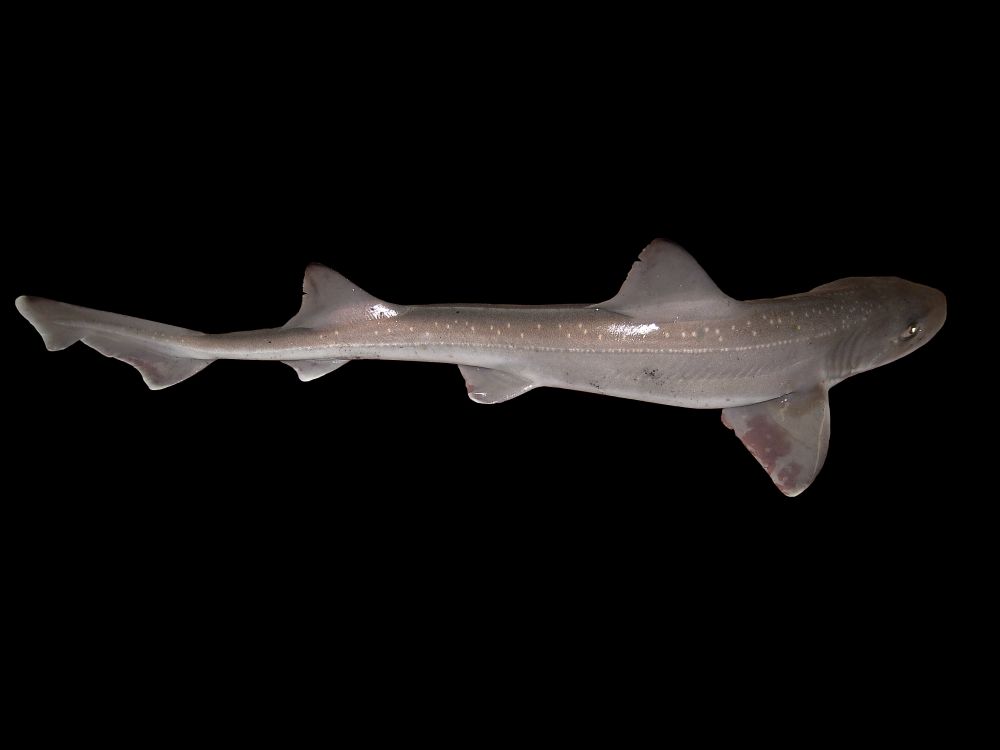
The Smoothhound fish belongs to the Triakidae family. In exceptional cases, the emissole can reach a length of 160 cm, but it is common between 60 and 120 cm. He can live for about twenty years. Breeding takes place between June and March. The female can give birth to 10 or 20 young. It is mainly fished in the summer. The Smoothhound fish is a cartilaginous fish (the skeleton is composed of cartilage elements) of medium size. The body is elongated and tapered. The head is compressed in the upper part and the muzzle is long and rounded. The mouth, located at the bottom, is oblique and equipped with a series of small and low teeth, which may be less rounded in young people. The nostrils, in a ventral position, have a large opening, and are closer to the mouth than to the top of the muzzle. The eyes are small, round in young subjects, and horizontal oblong pupil (typical of deep-sea species) in adults. On the muzzle, there are sensory organs for depth detection (hydrostatic). Next to the terminal part of the head, there are five gill cracks. A subtle but distinct fold of the skin is found along the back, from the tail to the gill cracks. The skin (shagreen skin) is almost smooth. The dorsal fins are two, triangular in shape, the second is slightly smaller than the first. The pectoral muscles have a rounded and slightly concave inner top. The caudal fin has two non-symmetrical lobes (the upper part more developed). The anal fin is present. The colouring of the back and sides ar
The Smoothhound fish is a famous fish you can catch in Bullwood.The European Eel
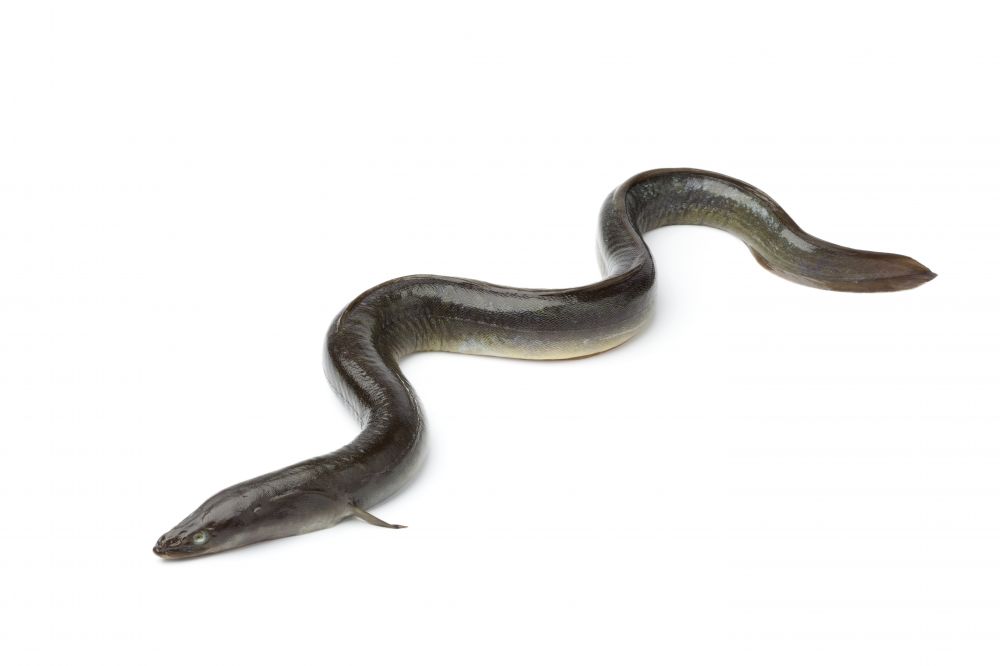
The European Eel belongs to the Anguillidae family. The european eel can reach a maximum size of 1.50 m and a weight of 3 kg. However, males rarely exceed 45 cm. The current size is more modest and varies between 40 and 60 cm. Its longevity is 12 to 20 years but in captivity it can reach more than 50 years. They can be fished from June to September. The European eel has a snake-like body, with a circular cross-section and very elongated. The body is covered with smooth, viscous skin, rich in thick mucus-secreting cells. The scales are small, oval and deeply embedded in the skin. It has a small round eye and a terminal mouth. The lower jaw is prominent. The color of the eel varies as it grows. In the yellow eel stage, it has a brownish, greenish or yellowish color depending on its habitat (homochrome). The lateral line is not very visible. In the silver eel stage, the back is dark green, the sides have silvery highlights and the belly is pearly white. The lateral line becomes very visible. The body of the European eel does not have pelvic fins. The pectoral fins, the only even fins, are small. On the other hand, odd fins (dorsal, anal, caudal) are very long and fuse at the tail.
The European Eel is a famous fish you can catch in Bullwood.Our fishing forecast of Bullwood indicates the best time to go fishing in this city.
Our fishing forecast of Bullwood indicates the best time to go fishing in this city.
Our fishing forecast of Bullwood indicates the best time to go fishing in this city.
